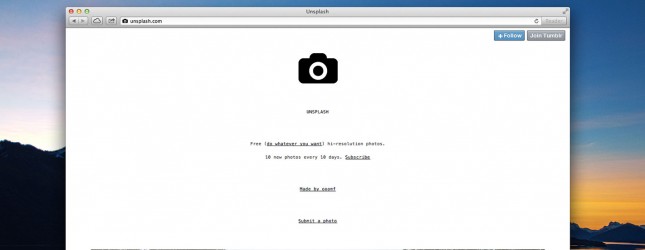These days, technology makes it so much easier to find files online and download them via torrents. You can find almost anything that you might want on the internet, from music to movies to images to software, video games and books – with a simple search and a click of the mouse.
However, this doesn’t mean that this content is legal and ethical to download and share. In fact, in many cases the files that you find online are illegal and are in violation of copyright law. File sharing itself is legal – if it wasn’t we couldn’t collaborate on a document with our co-workers or share our holiday photos on Facebook. The problem is when we use this technology to share files that we shouldn’t share in the first place.
Sharing copyrighted files is illegal in the USA and is considered unethical for many reasons – the biggest reason is that it equates to stealing. If you watch a major motion picture or download an album without paying for it, the artist is not receiving compensation for their hard work and their creative project. You are also violating copyright law, which is an offense that you can be seriously punished for with fines and even jail time.
How to Know Which Files are Illegal to Share
So when you are navigating around the web, how do you know which files are legal to download and which are illegal to share? It can be tricky, which is why it is important to do your research and be aware of what you are doing when you are downloading from file sharing websites or P2P networks.
Remember, if you aren’t sure whether music, films, software or other files are copyright material – it is a good idea to assume that they are until you find out. Ignorance is no excuse and even if you didn’t know, you will be prosecuted for copyright infringement. Here are a few questions that you can ask yourself when you are looking at files to download:
Would I Normally Have to Pay for This?
If this is a film that is currently in theatres or on DVD that you would normally have to buy at the store or pay to see, chances are that downloading it for free is illegal. This also counts for software and musical albums – if you would otherwise have to buy it in a store or on Amazon, iTunes or another website – it’s likely an illegal file.
Is the Work in the Public Domain?
Many works are no longer protected by copyright, such as anything published before 1923 in the USA, or anything published up to 1977 without a copyright notice. Also, there are some works that have been published under a Creative Commons license, which allows you to use them for free under a number of specific conditions.
Did You Download it From a Legal Torrent Website?
To help make sure that everything you are doing is above board, it helps to choose the right program for downloading torrents. A legal torrent website will have links to files that are covered by the Creative Commons license and will make promoting legal sharing a priority. For example, P2P software vendor Vuze contains a great legal selection of sources on the Vuze blog that you can use to determine if the file you intend to download is totally safe and legitimate media. You can use the simple interface to filter your results, so that you only find legal results. Vuze offers a great range of media, from movies to music to audiobooks and much more.
These are just a few of the ways that you can keep your search for shared files legal and make sure that you are not breaking copyright law.
Remember – Keep Your Shared Folder Legal
When you are sharing files on the internet, make sure that the folder your P2P program uses does not contain any copyrighted materials. For example, if you have songs that you legally purchased on a CD or on iTunes in this folder, they will be shared with millions of people and you can be liable for prosecution.
Keep these tips in mind and you can enjoy file sharing in a safe and legal way, while checking copywriting before downloading.
Discover more from Tech News
Subscribe to get the latest posts sent to your email.










